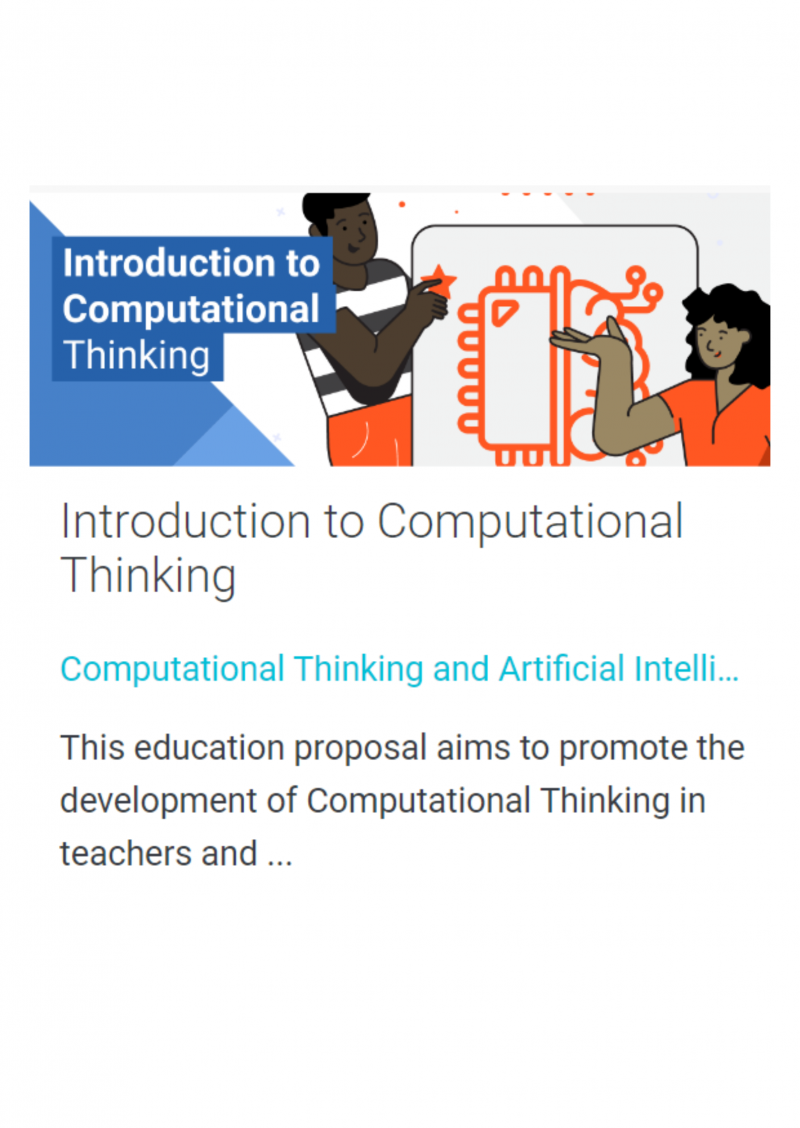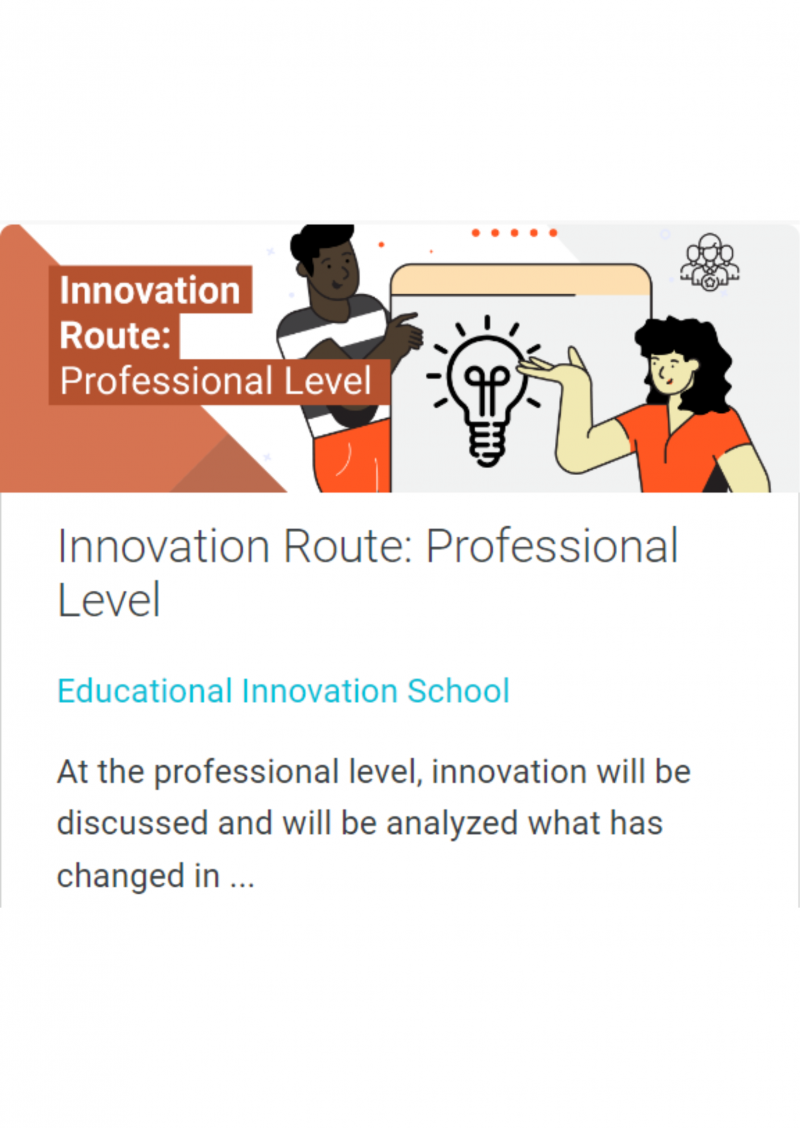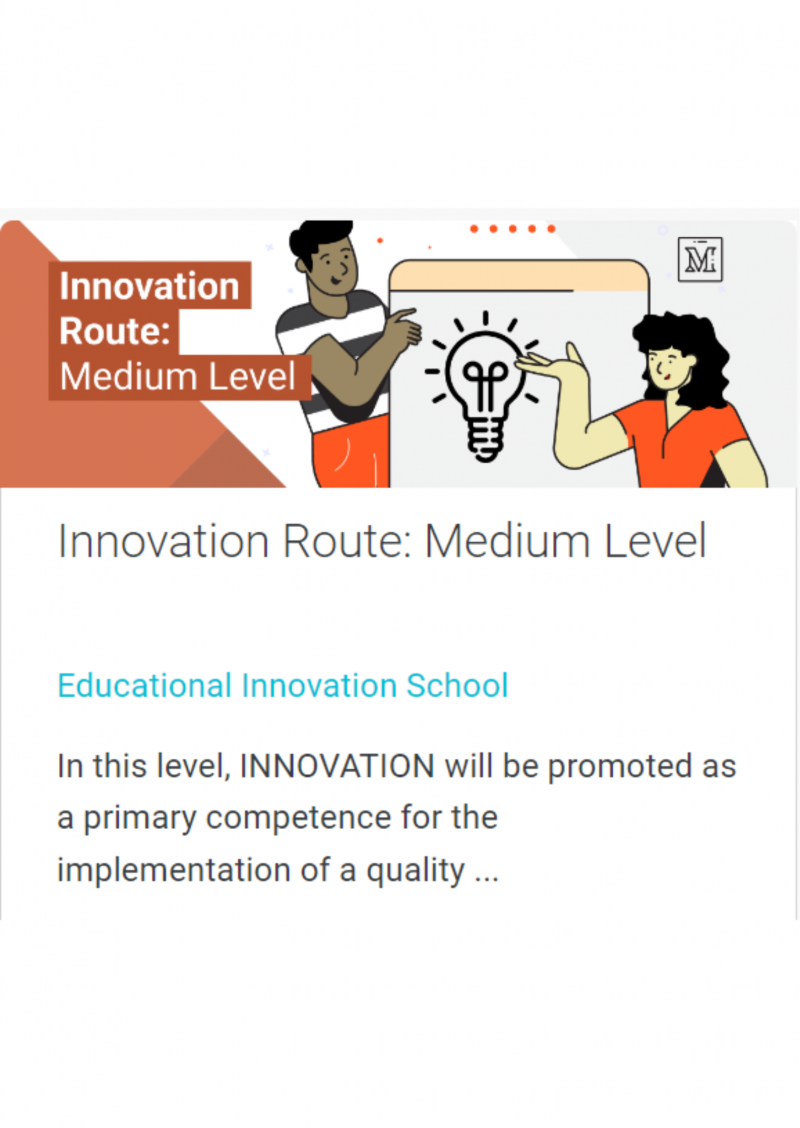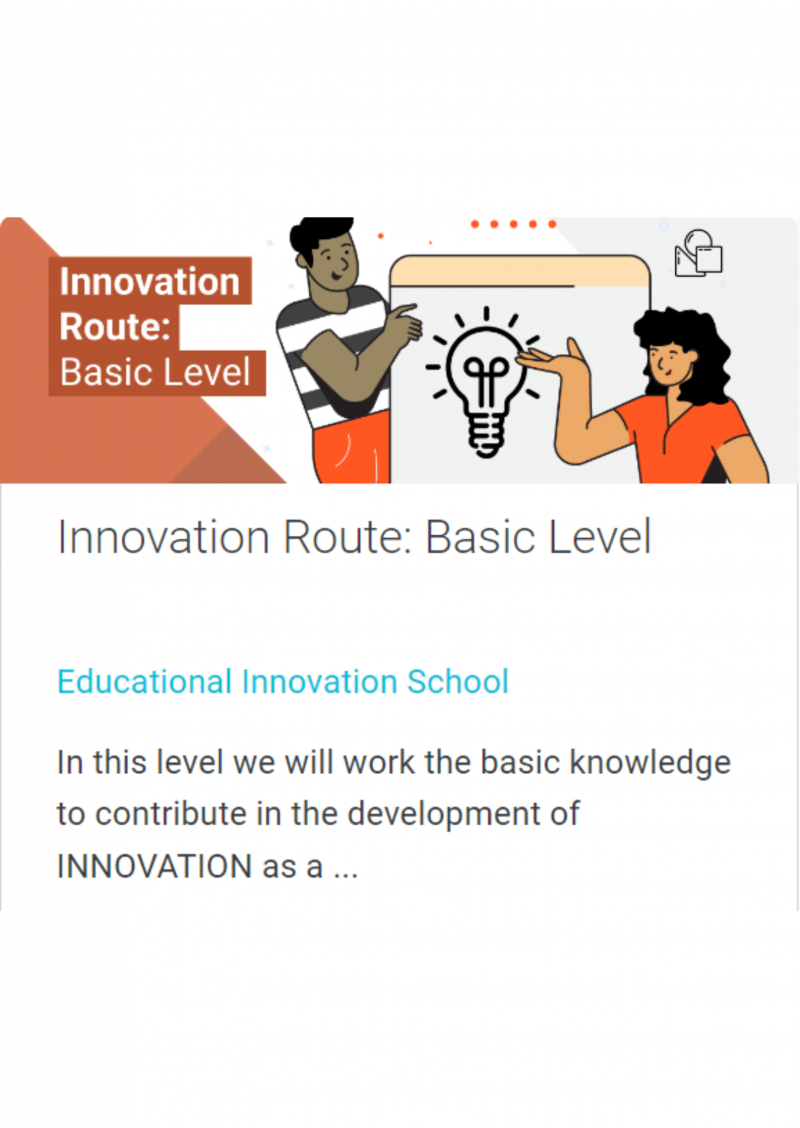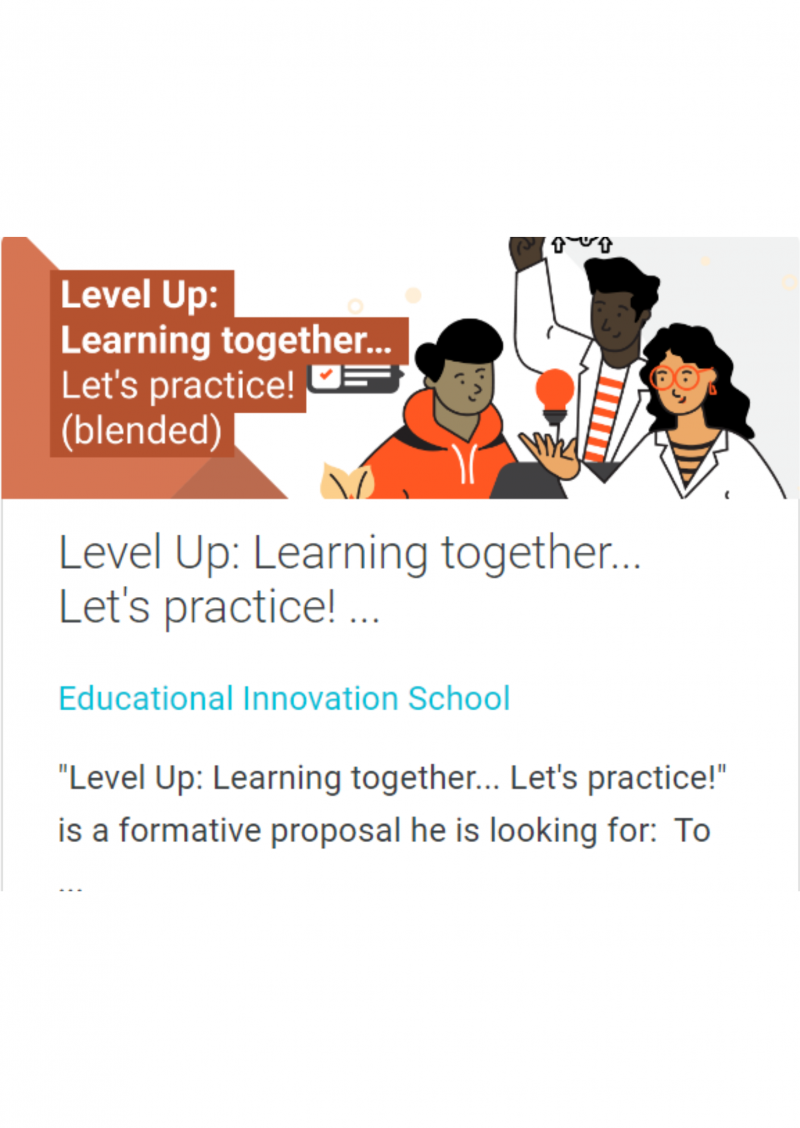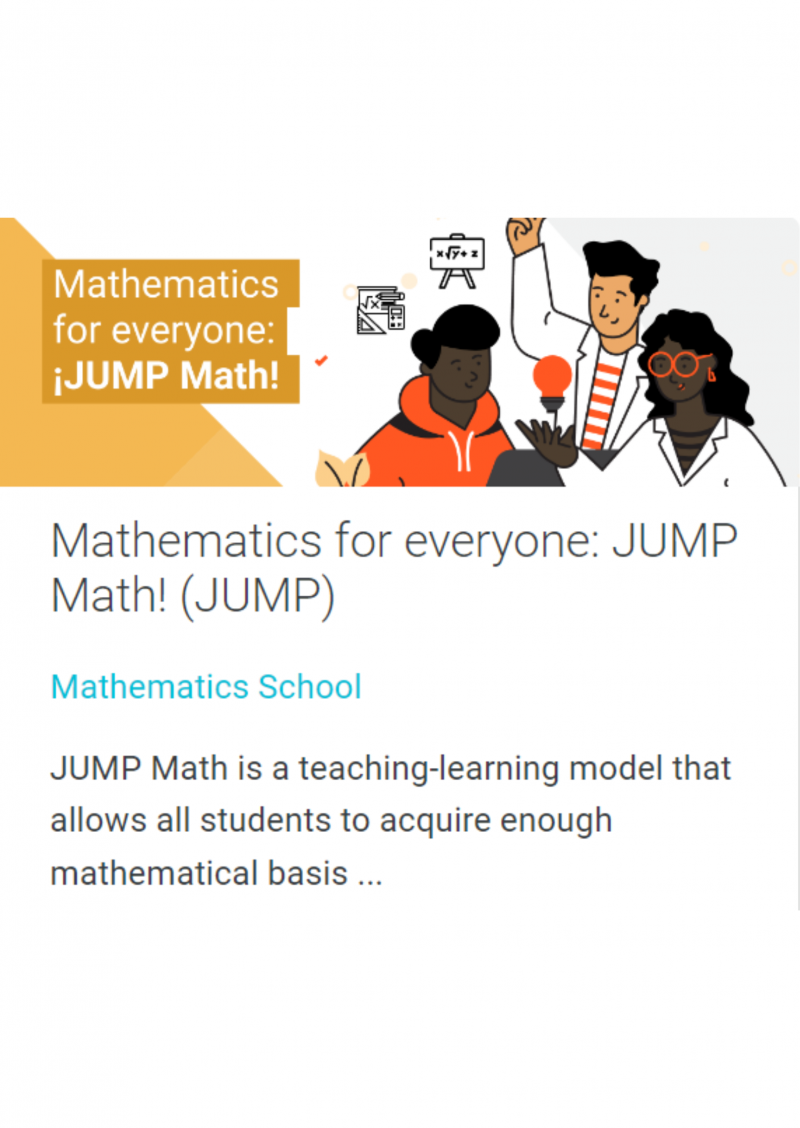Teacher Resource Centre
Displaying 1 - 20 of 21
Differentiated Instruction in Displacement Contexts. Workshops Facilitation Guide
In this guide, there are prompts to support exploration of the content and application to the local context. There are also tips to support educators as they make space and time for professional learning within their busy and, often, stressful lives. Finally, this guide offers some advice regarding online, and/or other technological aspects, of this training.
The Quality Holistic Learning Project (QHL), of which this face-to-face workshop is one element, aims to prepare educators to deliver high-quality lessons which support holistic learning for children and youths of diverse backgrounds (refugee, migrant, and/or citizen) within host country, displacement, and crisis contexts. They define quality holistic learning as that which attends to:
- academic, cognitive, and identity development,
- social and emotional learning, and
- mental/psychosocial and physical well-being and which delivers: positive schooling experiences, ● feelings of belonging and safety, growth and development, and equitable outcomes for all learners.
Introduction to Asset Based Pedagogies in Displacement Contexts Workshops Facilitation Guide
This manual is intended to support the delivery of one full day workshop on the topic of supporting Quality Holistic Learning in crisis contexts through the implementation of asset-based pedagogical tools and activities and through sustaining safe and secure learning spaces. The workshops are the result of the insightful contributions of a committed team of teachers and educators from Kenya, Lebanon, and Niger.
The Quality Holistic Learning Project (QHL), of which this face-to-face workshop is one element, aims to prepare educators to deliver high-quality lessons which support holistic learning for children and youths of diverse backgrounds (refugee, migrant, and/or citizen) within host country, displacement, and crisis contexts. We define quality holistic learning as that which attends to:
- academic, cognitive, and identity development,
- social and emotional learning, and
- mental/psychosocial and physical well-being and which delivers: positive schooling experiences, feelings of belonging and safety, growth and development, and equitable outcomes for all learners.
Asset (Strength) Based Pedagogies for Quality Holistic Learning
This open, self-paced course, Asset (Strength) Based Pedagogies for Quality Holistic Learning, was designed by teachers for teachers, especially those working with refugee and vulnerable learners around the world. It is intended to provide an overview of key terminology, concepts, and practices related to asset (or strength) based pedagogies.
Educators who complete this short online course will:
- gain a working understanding of what asset-based pedagogies are and why they are important
- be able to identify ways in which asset-based pedagogies can be applied in the classroom
- examine how to apply asset-based pedagogies in the context of their own work
It will take 3-4 hours, on average, to complete this course. A certificate of participation will be issued upon successful completion. Thank you for your interest and for your commitment to your professional learning and to teaching!
A handbook for use offline is currently being developed, as a parallel tool for learning about asset-based pedagogies. Please contact jkasper@ceinternational1892.org to discuss piloting of this additional material.
Introduction to SEL & PSS for Quality Holistic Learning
This open, self-paced course, Introduction to Social-Emotional Learning & Psychosocial Support for Quality Holistic Learning, was designed with a team of teachers working with refugee and vulnerable learners in Niger. It is intended to provide an overview of key terminology, concepts, and practices related to social-emotional learning and psychosocial support.
Educators who complete this online course will:
- understand the importance of creating a safe and inclusive environment for children's well-being and learning in emergency situations
- understand the basic principles of Psychosocial Support (PSS) and Social-Emotional Learning (SEL) and their role in supporting students in displaced contexts, especially considering the educator's unique students and learning context
- integrate simple and applicable PSS interventions and SEL activities into their lesson plans to ensure Quality Holistic Learning
It will take 4-5 hours, on average, to complete this course. A certificate of participation will be issued upon successful completion. Thank you for your interest and for your commitment to your professional learning and to teaching!
An offline, PowerPoint guided workshop series, upon which this course is based, is available for training purposes as well. Please contact jkasper@ceinternational1892.org to discuss piloting of that workshop material.
Enseigner et apprendre le français au primaire - Conception et fabrication de dix matériels didactiques pour le français au primaire
Les dix matériels présentés dans ce guide ont été conçus par des formateurs d’enseignants de la République de Guinée dans le cadre du programme Apprendre. On retrouve ici une description de la conception, la fabrication et l’utilisation de ces matériels en classe auprès des élèves. Ils permettent d’aborder l’apprentissage du français de manière ludique et adaptée au primaire.
Comment enseigner à des enfants handicapés dans les écoles ordinaires
Ce kit de ressource a été développé dans le cadre du programme Apprendre mis en œuvre par l’Agence française de développement et l’Agence Universitaire de la Francophonie. Ce document est conçu pour être utilisé dans des contextes éducatifs en Afrique de l’Ouest. Il fournit à l’enseignant des outils afin de comprendre les besoins des enfants en situation de handicap ainsi que des ressources pédagogiques sur lesquelles l’enseignant pourra s’appuyer pour répondre au mieux aux besoins de tous et toutes.
Teaching and Learning with Living Heritage: A Resource Kit for Teachers
This resource kit includes several components that provide teachers with information on why and how to incorporate living heritage into their school based activities. It was developed as a result of the UNESCO–EU initiative on cultural heritage and education, under the European Year of Cultural Heritage in 2018, and it builds on projects across a variety of subjects developed by teacher from 10 countries.
Introduction to computational thinking
Computational thinking is the sum of a set of thought processes, skills and attitudes that will provide the opportunity for children and young people to break the existing digital and social gap.
In order to access the course it is required to sign up (for free) in ProFuturo's platform.
Innovation route: Professional level
At the professional level, innovation will be discussed and it will be analyzed what has changed in pedagogical methodologies. There will also be success stories and proposals for the application of these methodologies that aim to guide the identification of improvement points, needs and problems in the classroom.
In order to access the course it is required to sign up (for free) in ProFuturo's platform.
Innovation route: Advanced level
The goal in this proposal is to develop teacher competencies for the transformation of the educational system. It is about implementing innovation through the creative development of technological applications.
In order to access the course it is required to sign up (for free) in ProFuturo's platform.
Innovation route: Medium level
In this professional development proposal innovation will be promoted as a primary competence for the implementation of a quality teaching-learning model. At this level teachers will learn about innovative educational experiences that they will be able to implement in their own practice.
In order to access the course it is required to sign up (for free) in ProFuturo's platform.
Innovation route: Basic level
The aim of this teacher professional development proposal is to reflect on the importance of innovation and creativity in the classroom and to lay the foundations for the development of practices aimed at fostering it. In this level, innovation will be promoted as a primary competence for the implementation of a quality teaching-learning model.
In order to access the course it is required to sign up (for free) in ProFuturo's platform.
Level Up – Learning together... Let’s practice!
This training offers a series of innovative teaching practice tools and seeks to encourage collaboration between teachers.
In order to access the course it is required to sign up (for free) in ProFuturo's platform.
Mathematics for everyone: JUMP Math!
The aim of this training is to improve the teaching capabilities of primary school teachers in the area of mathematics, inspired by the philosophy and methodology of JUMP Math: a teaching-learning model that allows all students to acquire a mathematical basis sufficient to face life and professional challenges with confidence.
In order to access the course it is required to sign up (for free) in ProFuturo's platform.
Youth empowerment for peace and resilience building and prevention of violent extremism in Sahel and surrounding countries: a guide for teachers
This guide is designed to build the capacity of secondary school teachers and teacher educators to integrate a peace and resilience building approach in education for the prevention of violent extremism. It builds on the Transformative Pedagogy for Peace-building guide and it was contextualized to the context the Sahel and surrounding countries.
The guide redefines the role of teachers, inviting them to make a paradigm shift in adopting a transformative pedagogy that allows learners to actively participate in their own learning. Transformative pedagogy builds on active pedagogy and the competencies-based approach. The guide concludes with engaging learning activities to support experiential learning.
Empowering students for just societies: a handbook for secondary school teachers
The aim of this guide is to provide teachers with a selection of relevant and accessible in-classroom and out-of-classroom educational resources (summaries of short activities, lessons, units) that aim to instil the principles of the rule of law among secondary school students.
It can also be used by professionals working in non-formal education or engaging with young people, for example, in sports associations, community organizations, social work and the justice sector.
A guide for primary school teachers is available here.
Empowering students for just societies: a handbook for primary school teachers
The aim of this guide is to provide teachers with a selection of relevant and accessible in-classroom and out-of-classroom educational resources (summaries of short activities, lessons, units) that aim to instil the principles of the rule of law among primary school students.
It can also be used by professionals working in non-formal education or engaging with young people, for example, in sports associations, community organizations, social work and the justice sector.
A guide for secondary school teachers is available here.
Guidelines for teachers and educators on tackling disinformation and promoting digital literacy through education and training
These guidelines offer concrete, hands-on guidance for teachers and educators, primarily in primary and secondary education, to promote digital literacy and tackle disinformation.
They offer clear explanations of technical concepts, class-exercises for fact-checking, ways to encourgage "good" online habits and ways to assess students regarding their copetencie snt he field of digital literacy.




